Graham Reid | | 1 min read

Jimi Hendrix said he believed he couldn't sing, until he heard the young Bob Dylan and thought, "Well, if he can do that . . ."
As a poet drawn to song, Leonard Cohen thought much the same about Allen Ginsberg, a man who sang less like Pavarotti than a first round contestant in American Idol.
Ginsberg sing? Not really.
But Ginsberg, like Cohen a Jew drawn to Buddhism, knew that the art of the song would enhance poetic rhythm and metre and so would locate those in his poetry. His great work Howl sounds, when read aloud, like a Coltrane jazz solo, the words/notes returning to the head of the lines with "who" . . . and then spiralling out from there again.
In 1972 (or thereabouts, some say 1973) Harry Smith -- best known for his field recordings and the Anthology of American Folk Music which influenced Dylan and a whole generation -- set up his equipment in his room at the Chelsea Hotel in New York and had Ginsberg record a series of readings/songs accompanied by his (Ginsberg's) faithful old harmonium which he'd bought in Benares (Varanasi).
The resulting album on the Folkways label was First Blues -- and confusingly there was a later Ginsberg album of the same title on Columbia produced by John Hammond at sessions which included Dylan. Neither album was released until the early Eighties, neither troubled even the lowest reaches of the charts.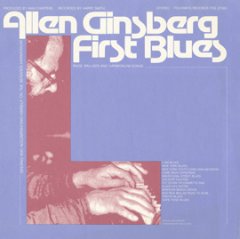
As a collection of "songs" the Chelsea/Smith album would probably be unlistenable for most: Ginsberg drones and wobbles around the "tunes" and mostly they a slightly sing-song spoken word pieces with a nod to meditative chants.
But they aren't without interest: Bus Ride Balad Road to Suva (sic) is a cheerful and observant description of exactly that, a bus trip he took with Lawrence Ferlinghetti in Fiji.
And Ginsberg, always prepared to be something of a holy fool, had a fine sense of humour, as this oddball song/poem illustrates.
Now, if Allen can do it . . .
For more oddities, one-offs or songs with an interesting backstory use the RSS feed for daily updates, and check the massive back-catalogue at From the Vaults.

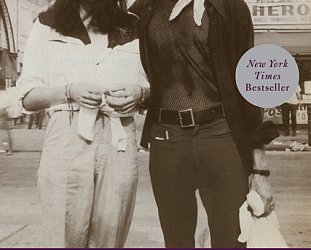
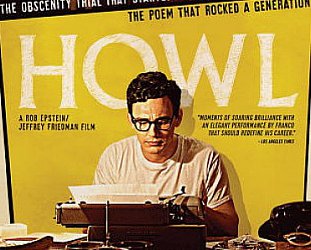
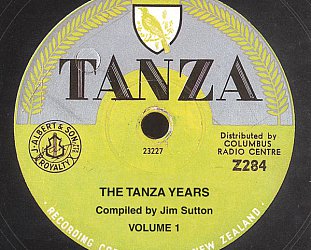
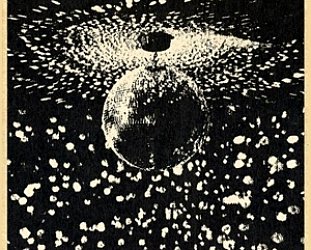
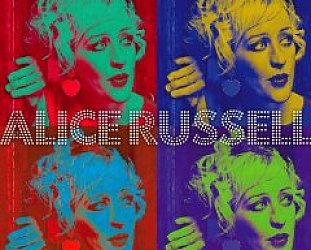
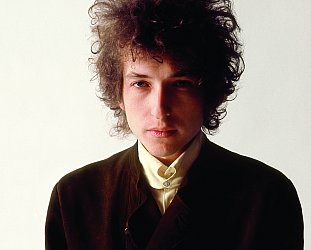
Jeffrey Paparoa Holman - Aug 24, 2010
Thanks Graham - this excerpt from Kaddish is a heartbreaker. The Beats get a bad rap today for their florid confessionalism, but when they get it right, life is released.
Savepost a comment